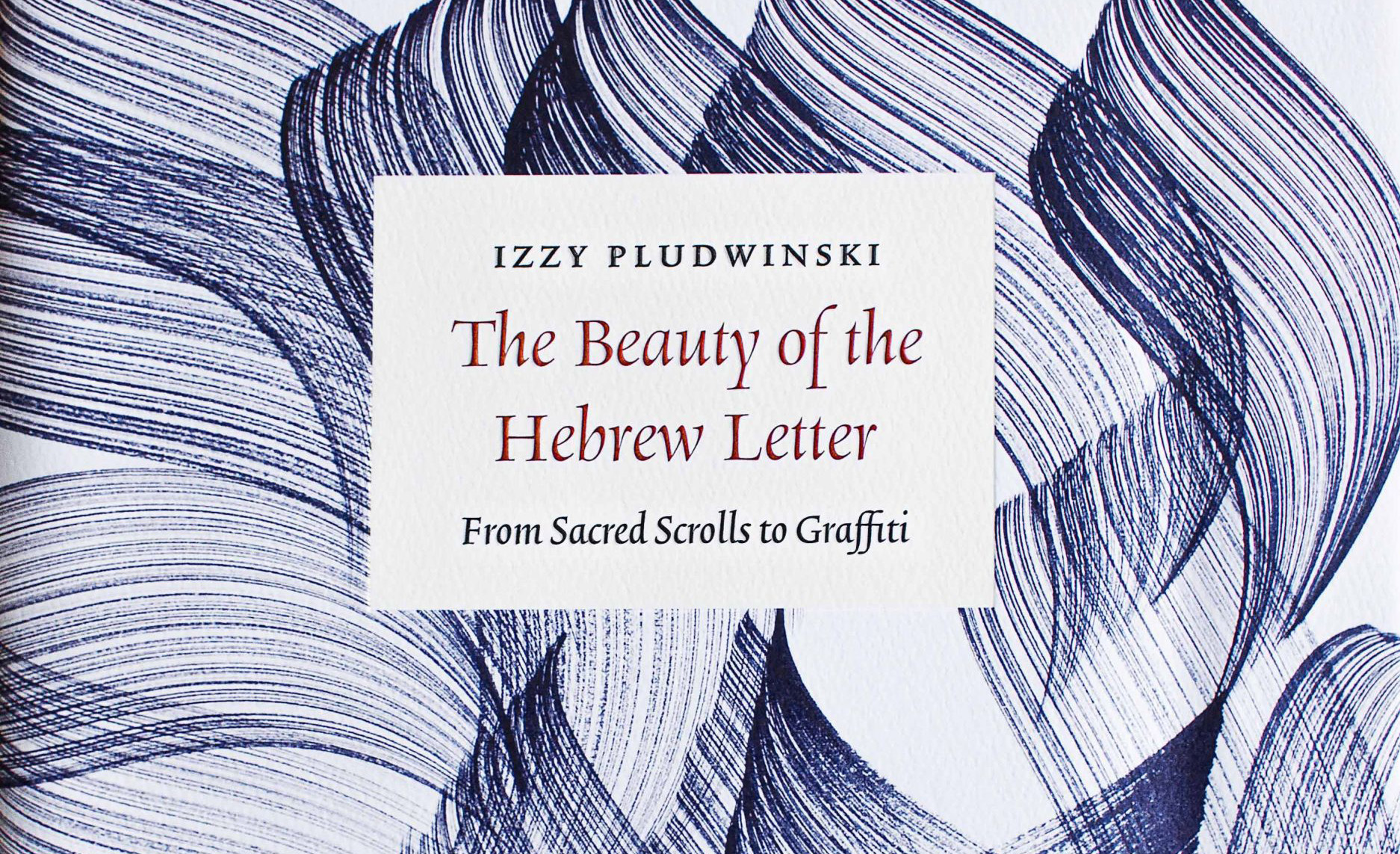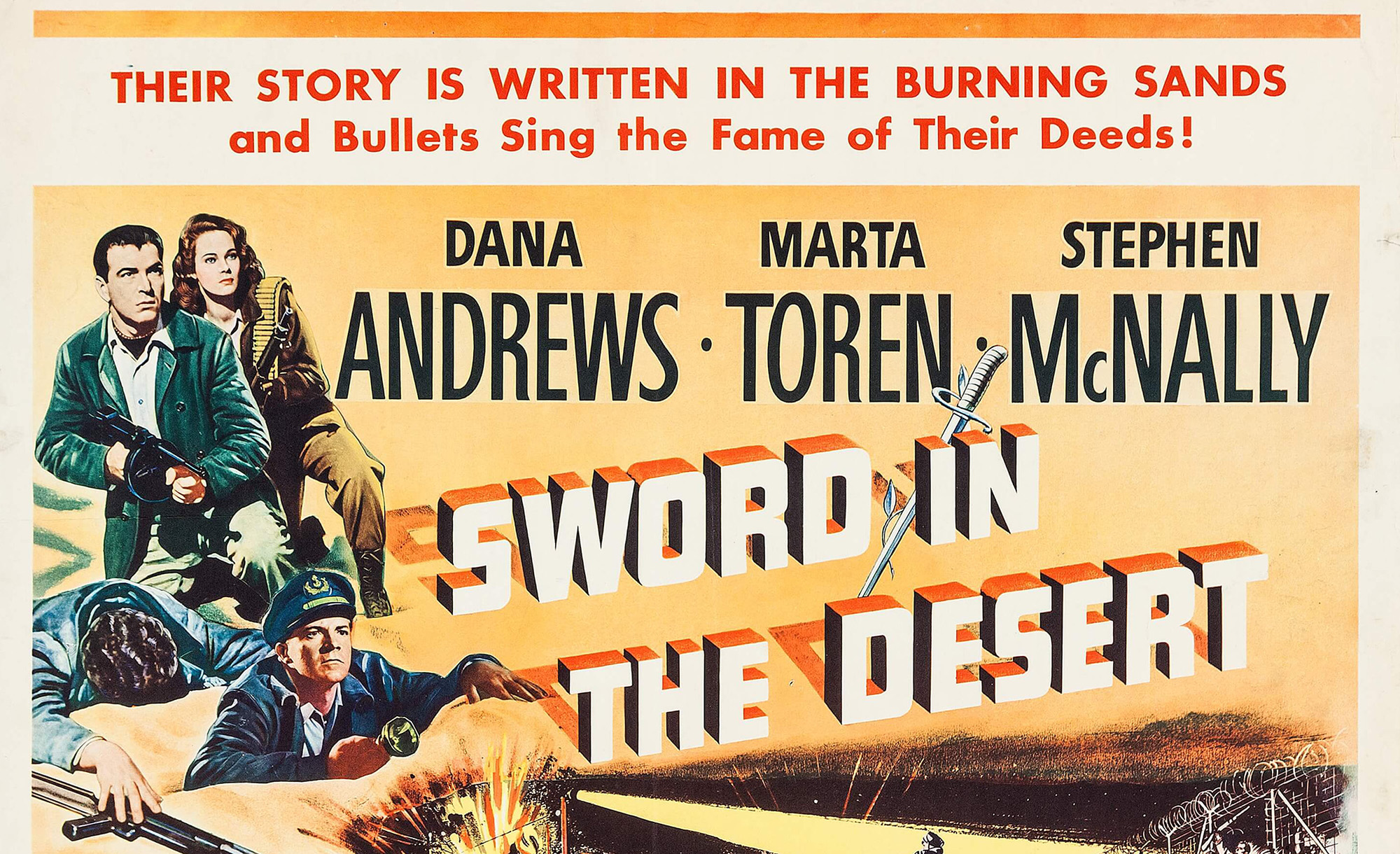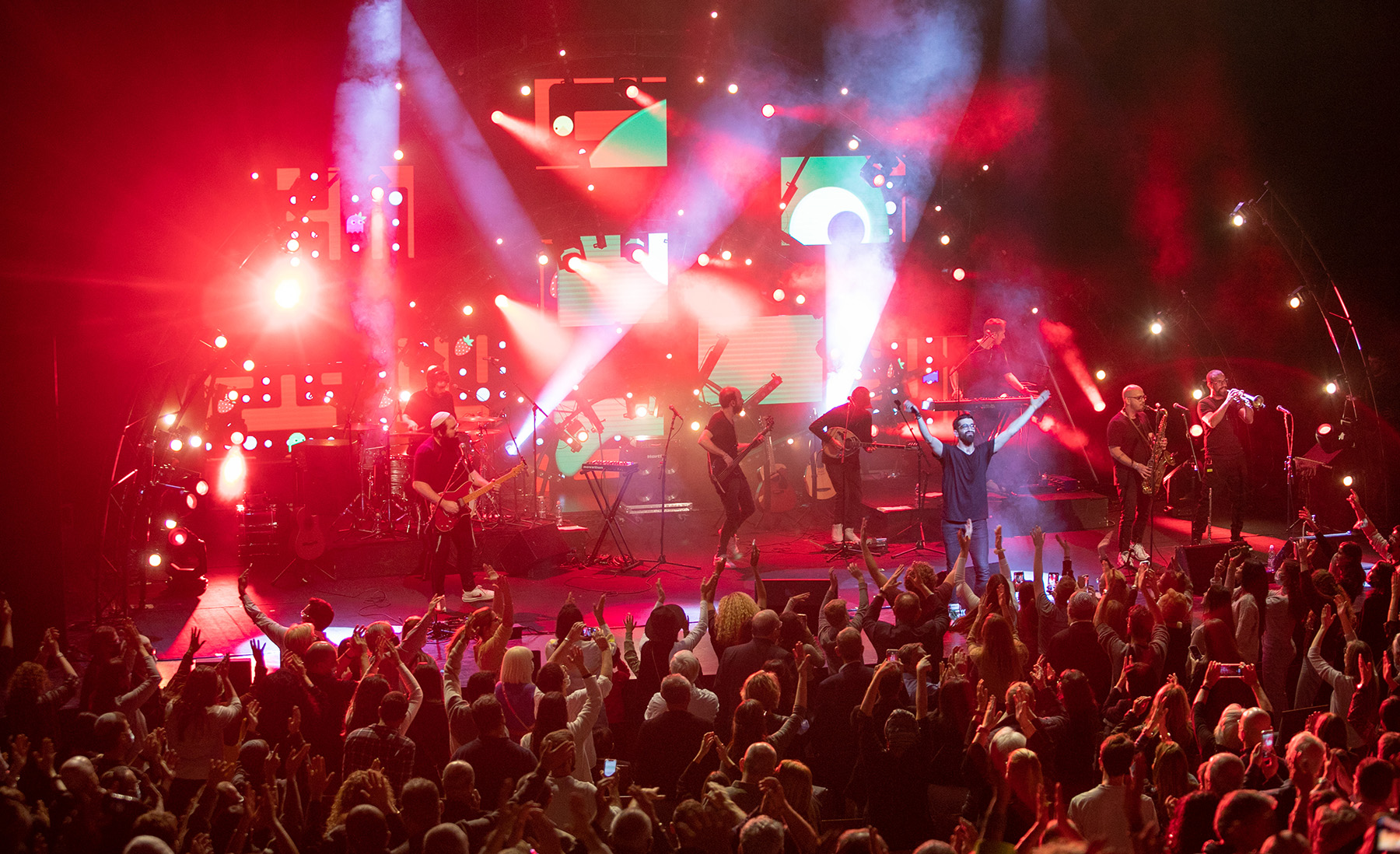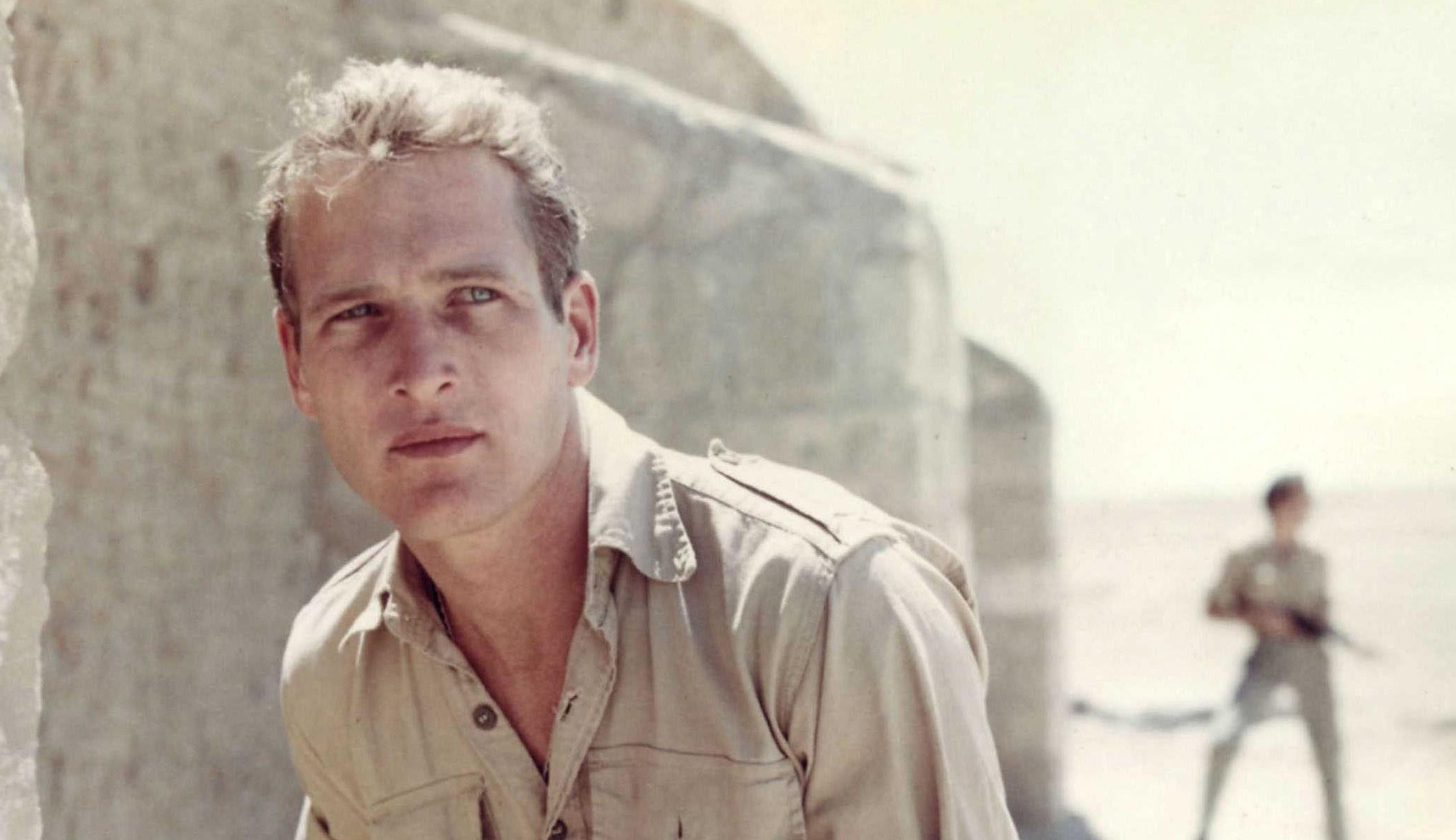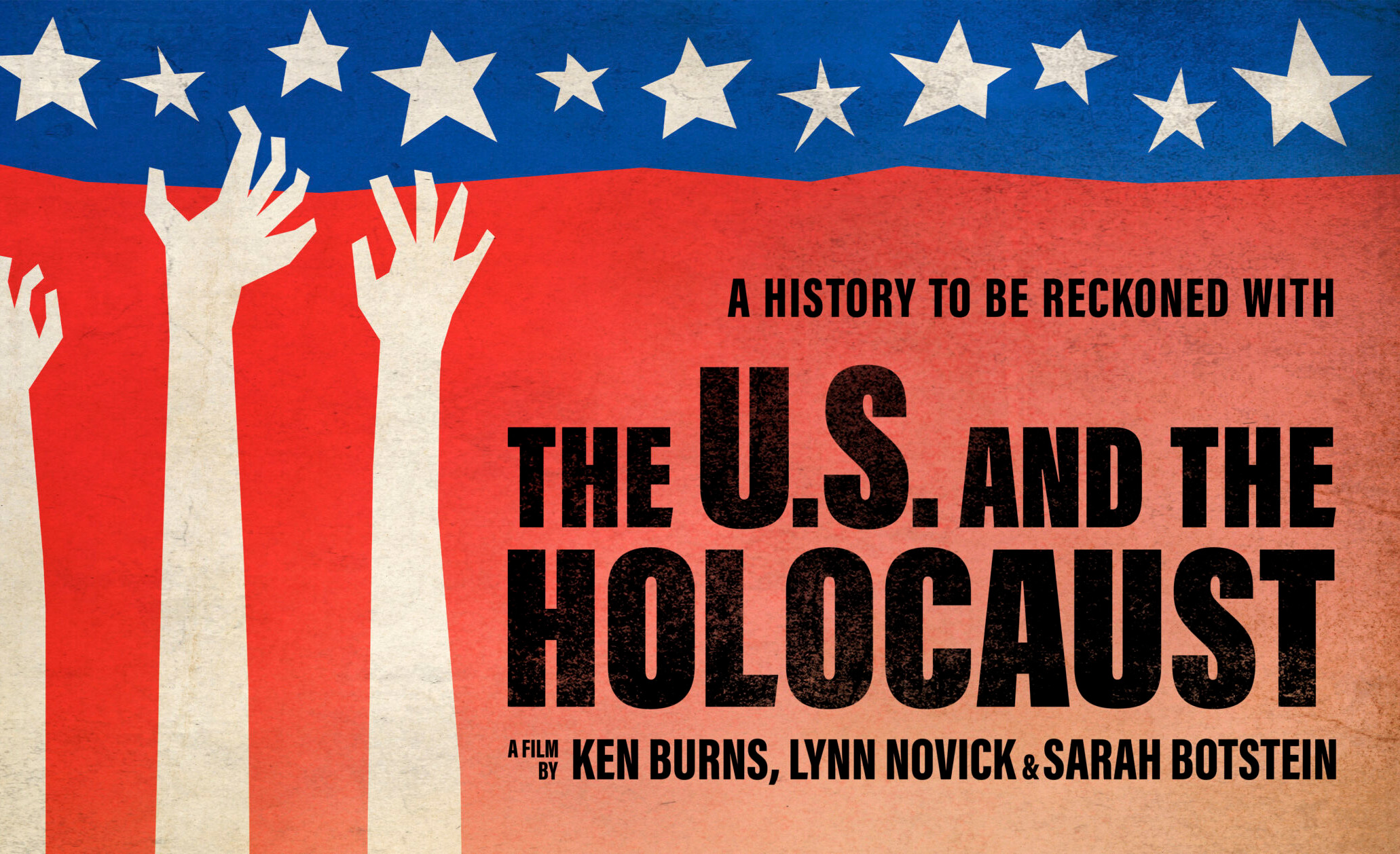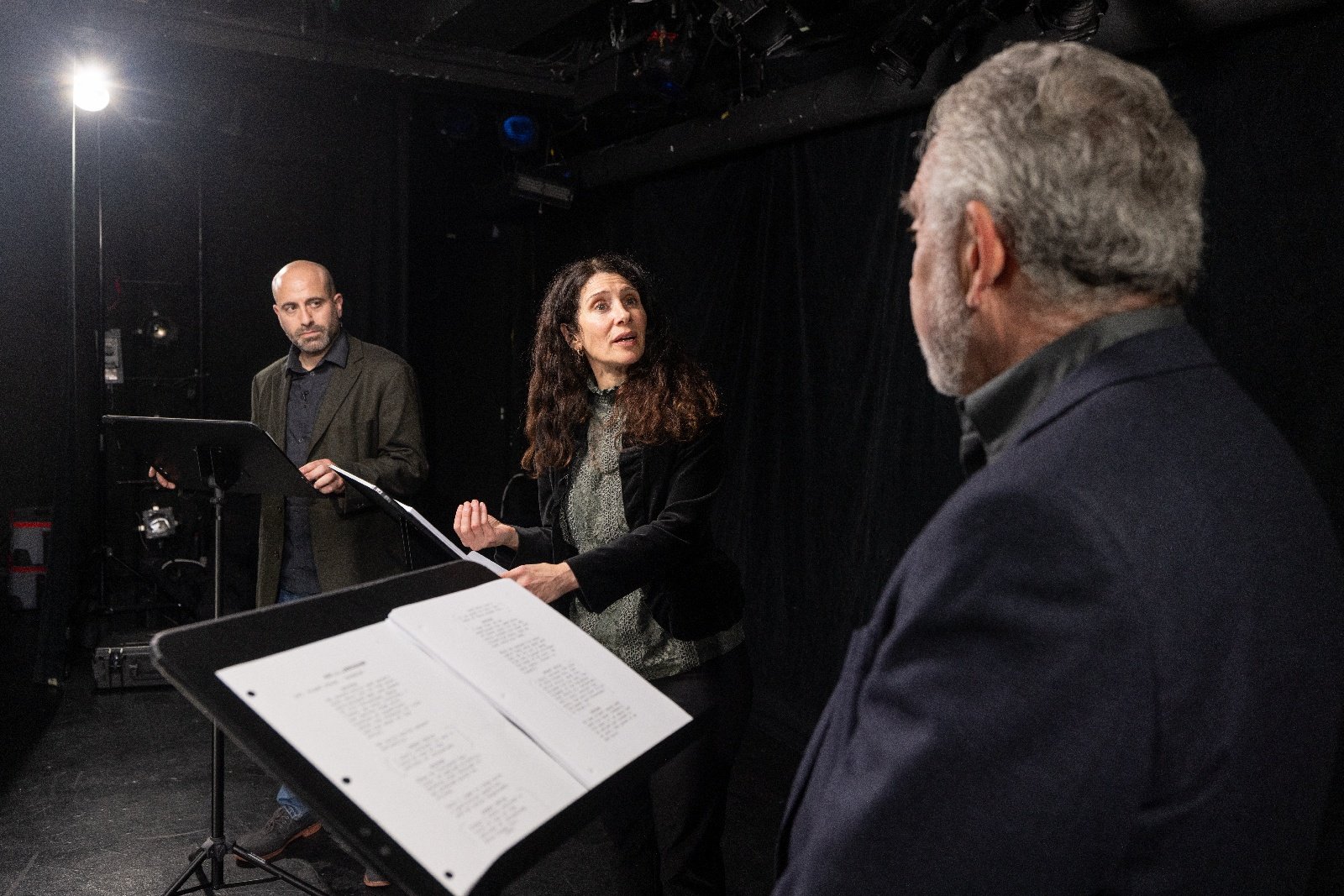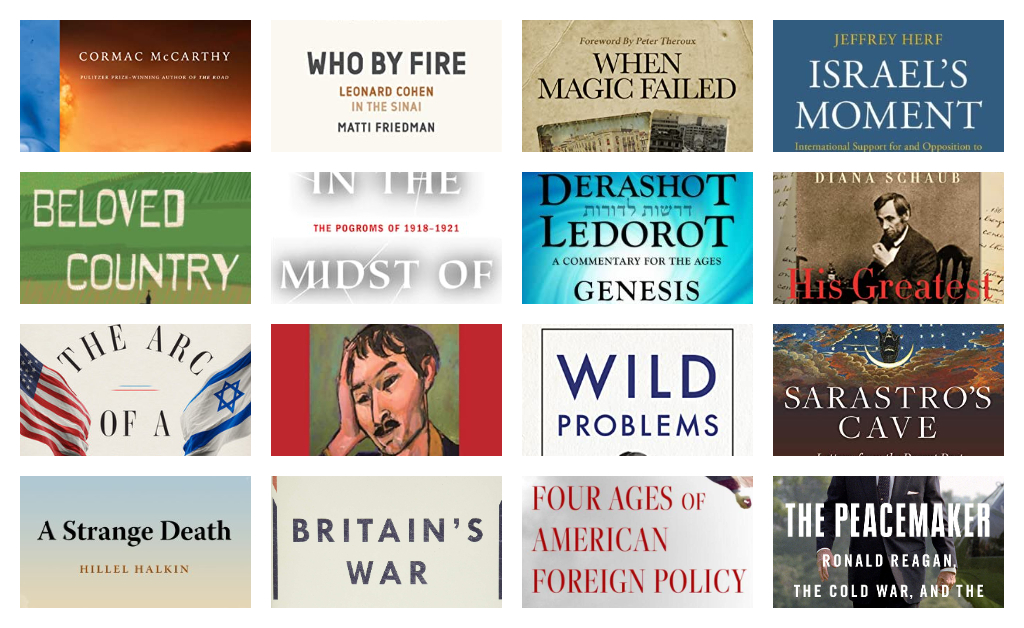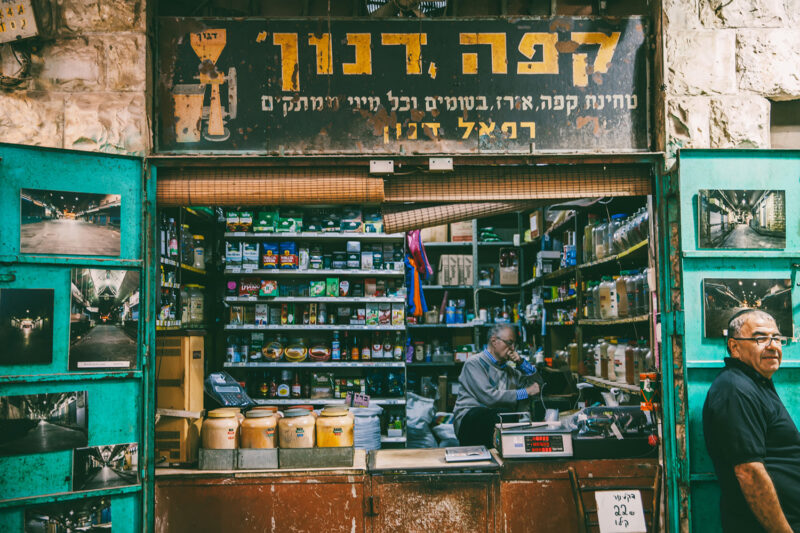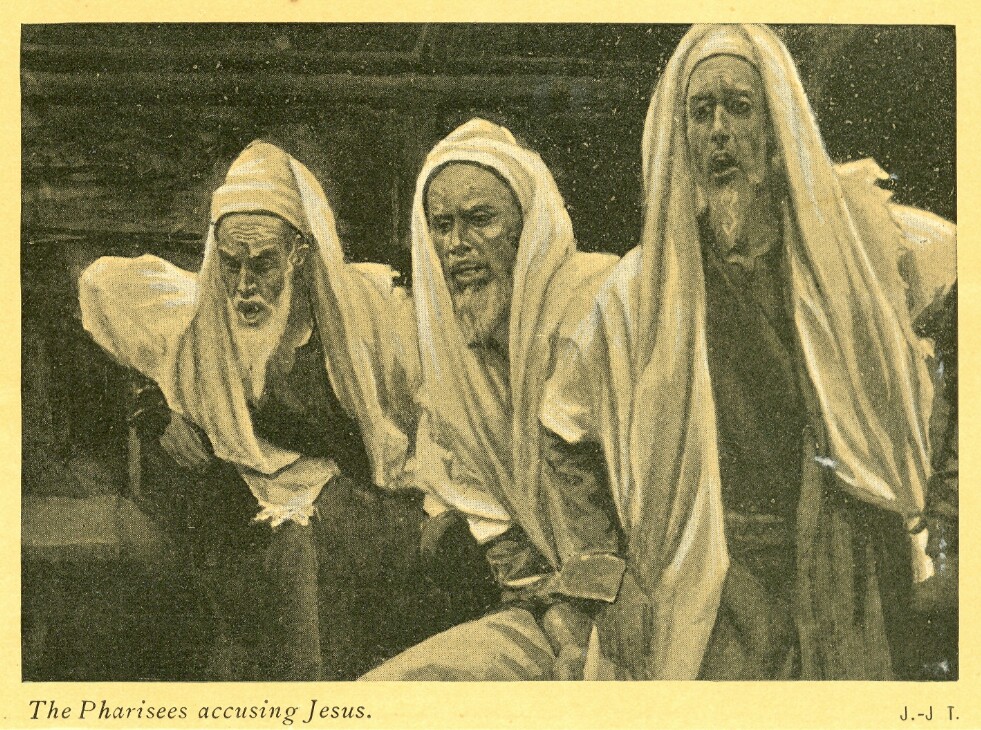Arts & Culture
The author of a new book on the subject joins Mosaic’s editor to talk about the technology and artistry of Hebrew writing, and the vocation of the Hebrew scribe.
One of the show’s main pleasures has to do with which of the four languages spoken by its main characters—Yiddish, Flemish, French, and English—they use with whom.
The former manager of the Batman comics has turned his attention to creating a graphic novel of the book of Esther. Why, and what went into it?
His Haggadah was called one of “the most beautiful of books that the hand of man has ever produced.”
A trove of Yiddish treasures.
The problems with You People.
Moral and political sensitivity may play a role in the neutering of Jewish and Israeli subjects. But it’s likely that the biggest consideration is making money.
Traditional lines between the secular and religious populations are fading, particularly in the realms of music and art.
Hollywood is full of Jews. So why is it so insistent on universalizing the story of the Jewish state?
As 2022 comes to a close, we’re looking back at some of our favorite stories that we published this year. Today, we focus on the Middle East, on the arts, and on Jewish history and ideas.
Watch our recording of the modern Israeli classic. Then stick around for the discussion with Israeli novelist Ruby Namdar and American rabbi Daniel Bouskila.
Featuring wars, peacemakers, two cultures, pogroms, plays, four ages, wild problems, caves, magic, letters, American conservatives, liberal parents, radical children, and more.
The novelist and rabbi Haim Sabato infuses tradition into fiction as well as any of the Yiddish greats. The difference? His work is unencumbered by modern angst.
I’ve been spared an encounter with the neologism until lately. But, frankly, now that I have made its acquaintance, I find it idiotic. (And don’t get me started about “goysplaining.”)
